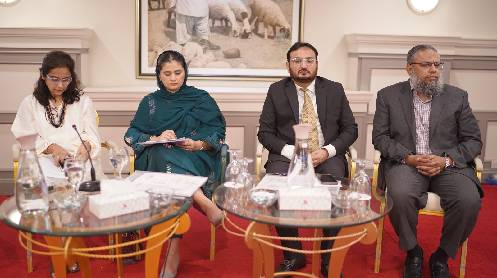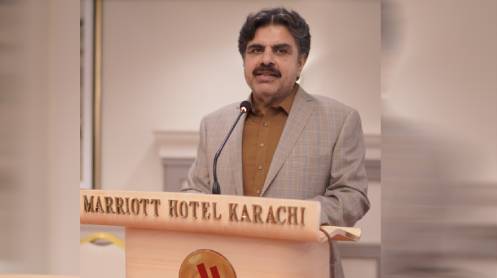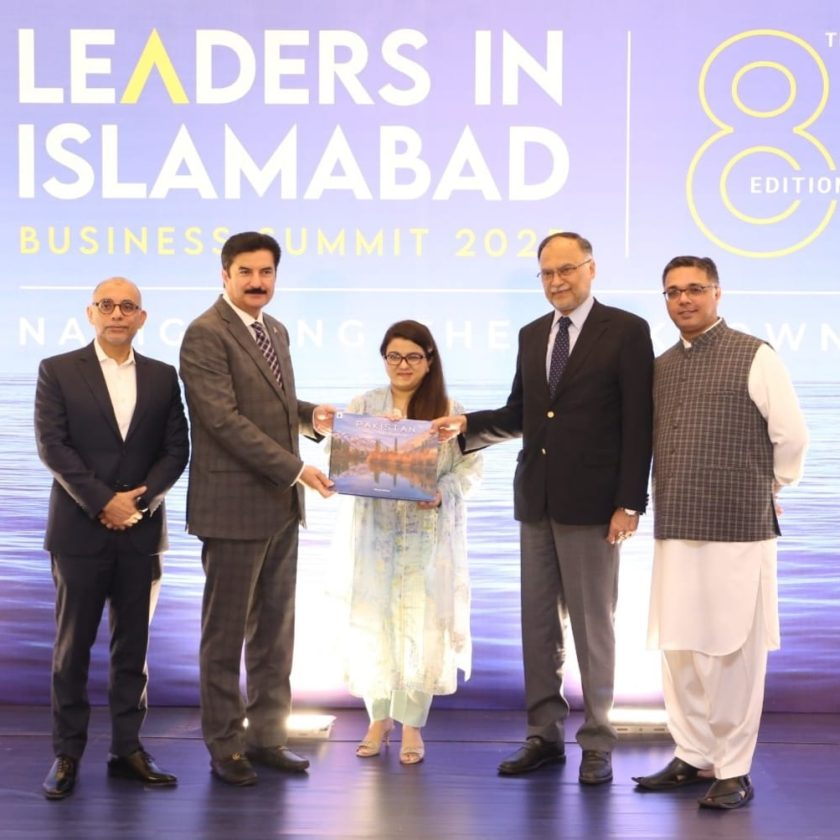KARACHI: In a significant step towards inclusive energy policy-making, Sindh’s Minister for Energy, Syed Nasir Hussain Shah, emphasized the need for government collaboration with civil society to shape climate-resilient energy policies. Speaking at the Sindh Energy Dialogue, jointly organized by The Knowledge Forum and NED University of Engineering and Technology, the minister outlined the province’s ambitious renewable energy initiatives, including solar parks and home solar solutions for underserved populations.
“The Sindh government is committed to affordable electricity for all. Civil society must partner with experts and institutions to ensure public concerns shape our energy plans,” he stated.

The Dialogue brought together public representatives, energy experts, and policymakers to critically examine Sindh’s energy policies through the lens of climate change and energy justice. Dr. Noman Ahmed, Dean of the Faculty of Architecture and Sciences at NED University, highlighted the pressing need for sustained discourse on energy policies and their impact on local communities and economies.
Key discussions underscored the urgent need to phase out fossil fuels, with experts warning of the environmental toll of coal mining and advocating for renewable energy as a solution to the instability and high costs of the national grid.
Government efforts to solarize public buildings, including schools and hospitals, were praised by Mahfooz Qazi, Director of Alternate Energy, Government of Sindh. However, participants stressed the need for greater transparency and inclusivity in energy planning, with MPA Marvi Rashdi pledging to raise civil society’s concerns about emissions and land use in the provincial assembly.
The event also explored decentralized energy solutions, with experts like Abubakar Ismail emphasizing grid modernization and stakeholder collaboration to drive sustainability. The Dialogue concluded with a call to prioritize climate considerations in energy policymaking, ensuring policies are both environmentally and socially equitable.





